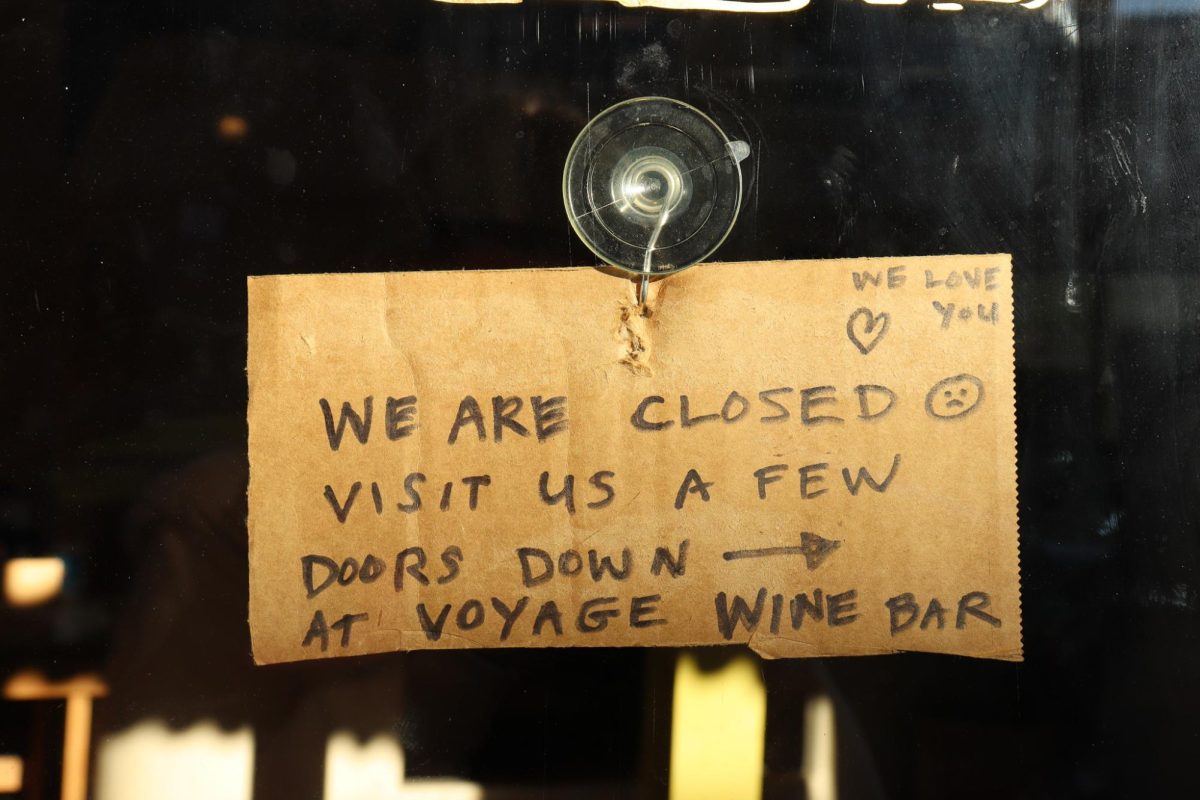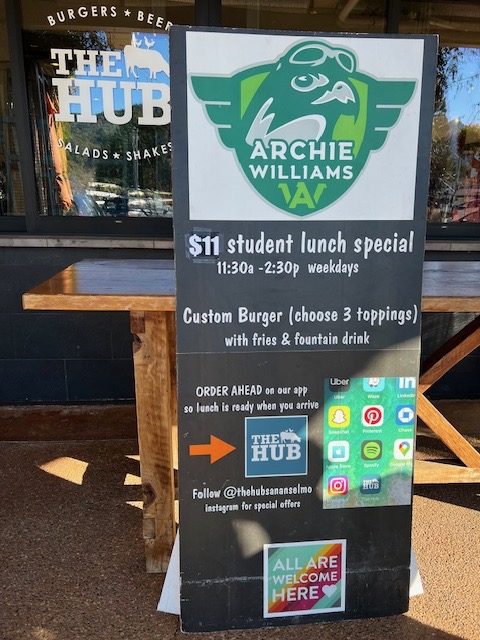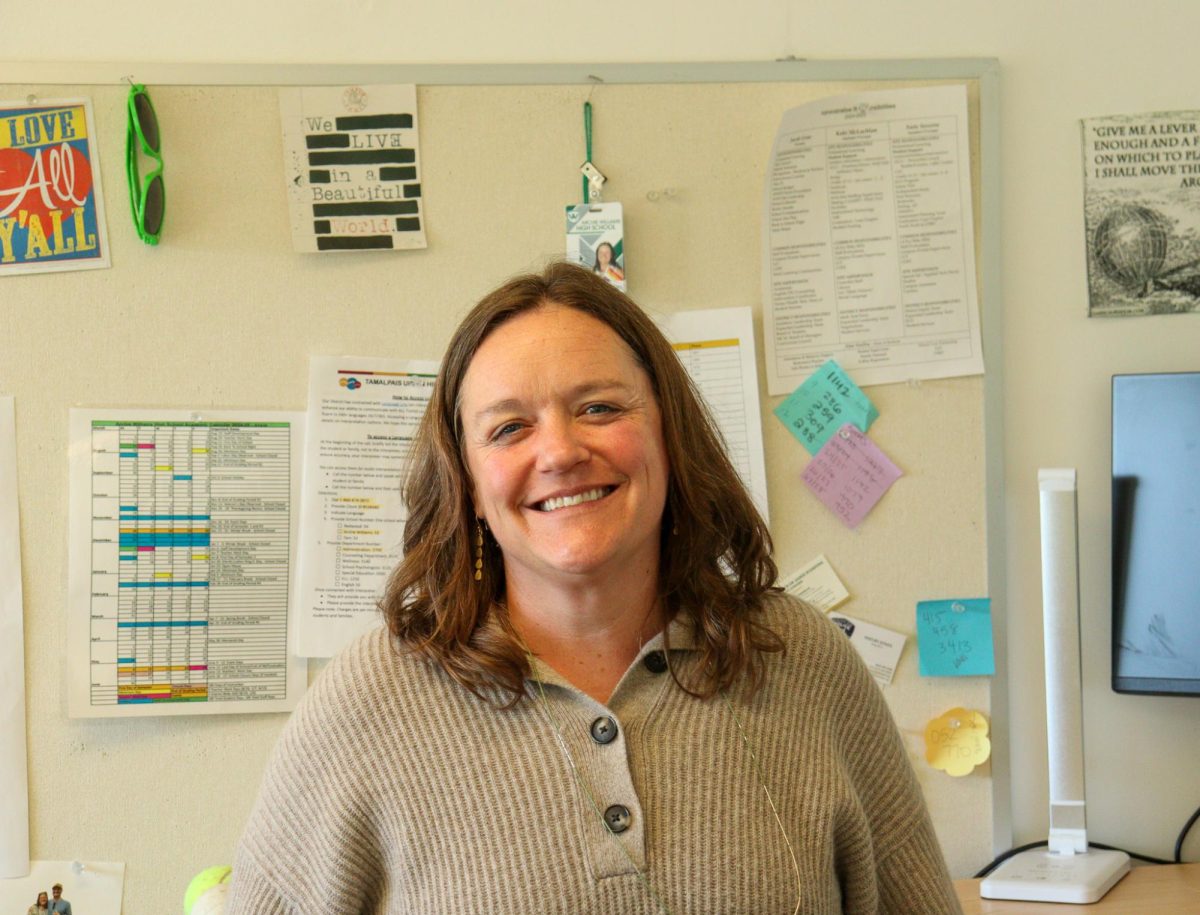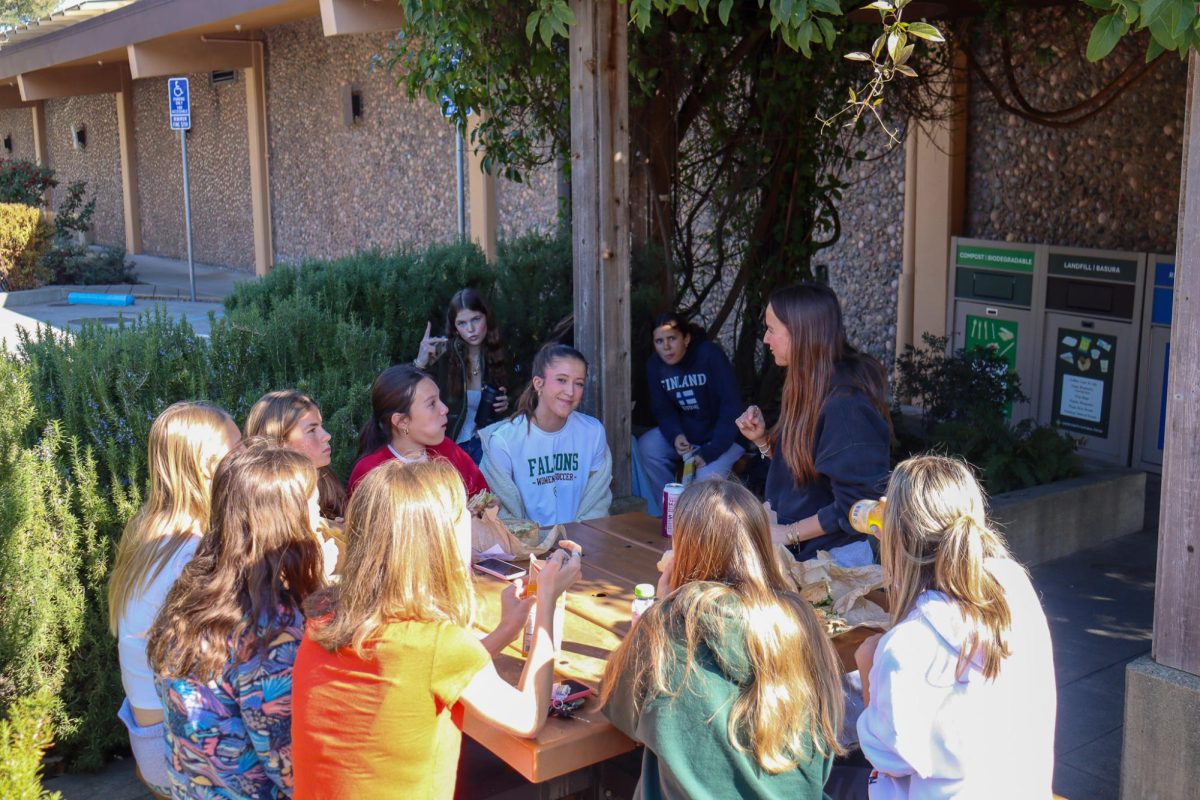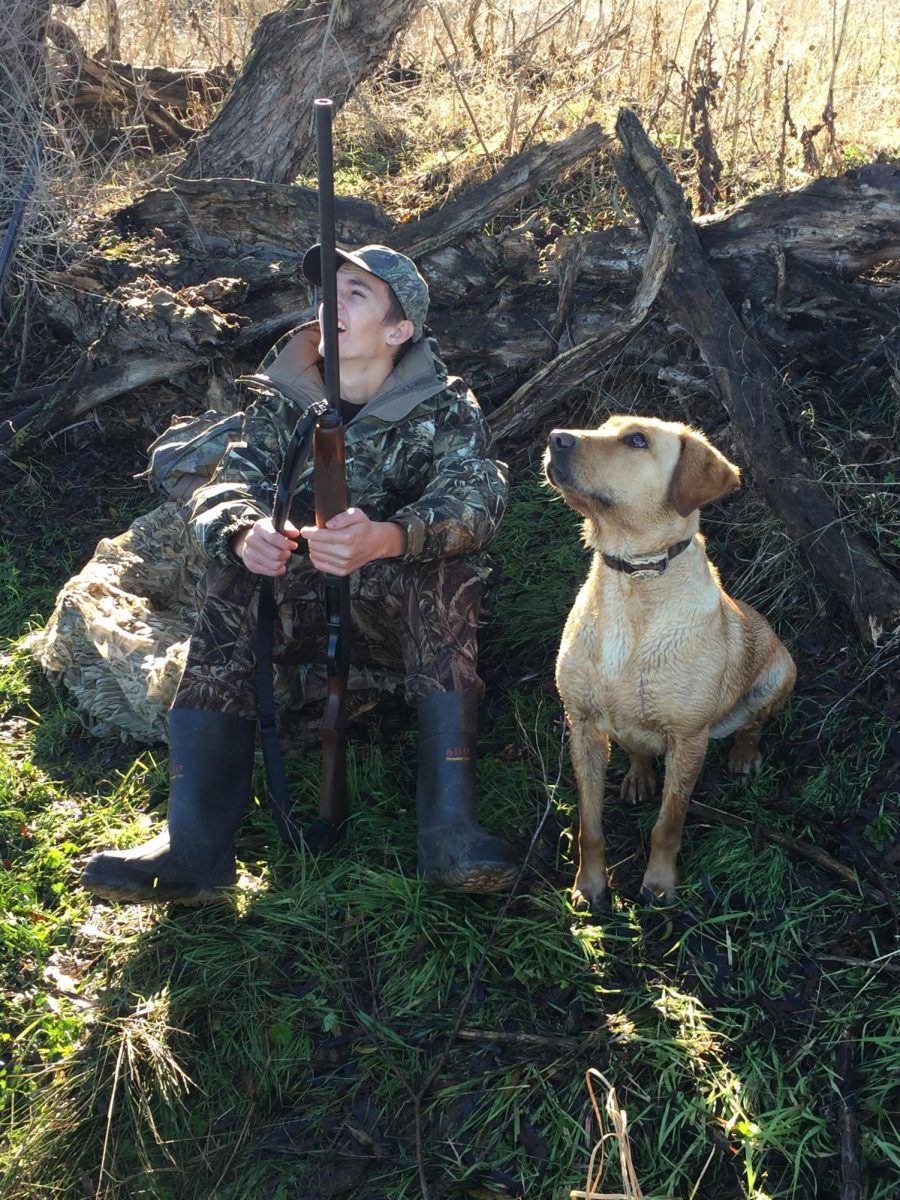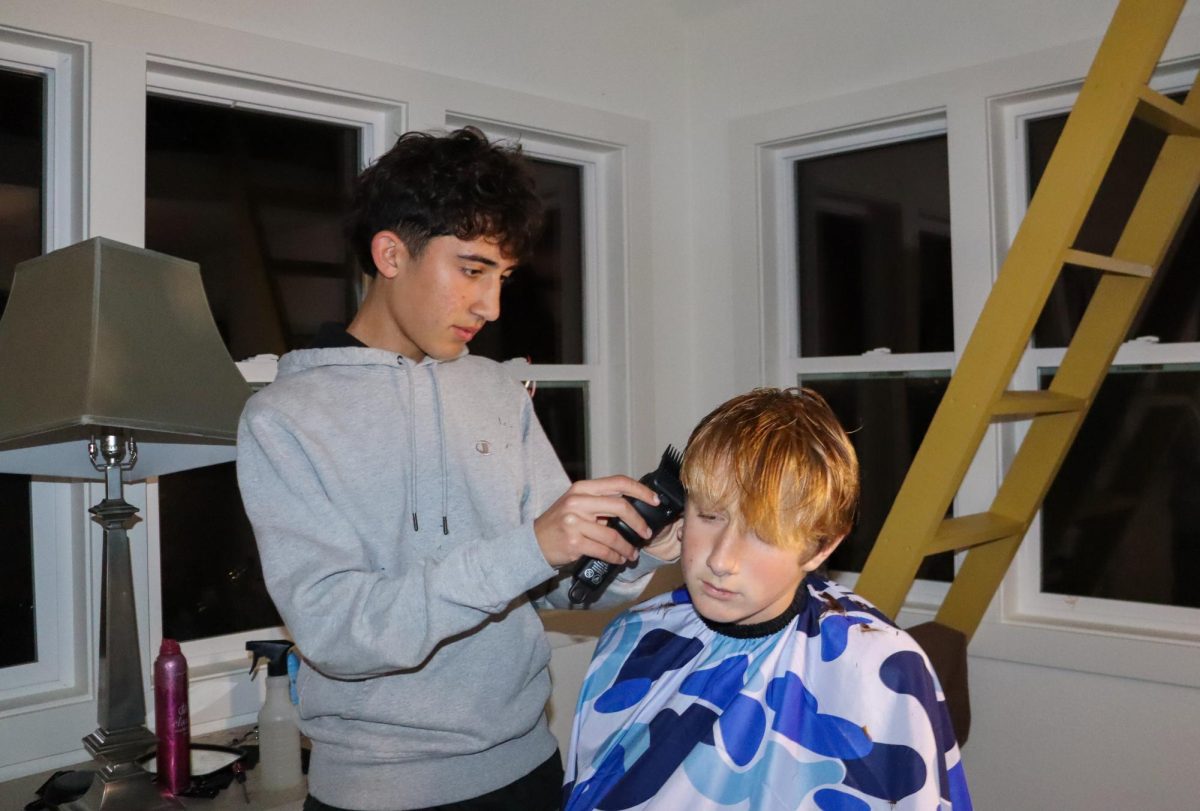Archie Williams High School offered 16 different Advanced Placement (AP) courses for the 2023-24 school year. These classes, available in a variety of subjects, from AP Ceramics to AP Calculus, present upperclassmen with opportunities to experience college-level rigor in a supportive high school environment. Additionally, AP students can opt to take the AP Exams for their courses, which, if passed, allow them to earn college credit. The course guides for the 2024-25 school year added two new AP classes: AP Environmental Science (APES) and AP African American Studies (APAAS).
For over twenty years, APES has only been available to students enrolled in the Social and Environmental Academy – Dedicated to Improving School and Community (SEA-DISC). APES has been taught to upperclassmen in the academy as a two-year course, which allows the implementation of its rigorous curriculum into a project-based course that emphasizes real-world application.
In the 2024-25 school year, Archie Williams will expand AP Environmental Science to be available to all juniors and seniors. Archie Williams science teacher Clarke Bugbee, who has taught the class within SEA-DISC for the past four years, will continue to teach it outside of the academy.
“There have been students asking about the class in the past… I know at Redwood, it is a popular class. We also just want to spread the word, to get more people involved in environmental science, so there is that draw [to offering the class,]” Bugbee said.
For many students, joining SEA-DISC is not an option, even if they want to take APES. The academy determines acceptances with a lottery system, and every year, some applicants land on the waitlist. The academy also poses scheduling challenges for potential participants, with a built-in curriculum structure that prevents students from taking AP United States History or AP Economics, two popular classes. Archie Williams junior Leya Hermans was unable to participate in SEA-DISC but is now planning to take APES next year.
“I wanted to join SEA-DISC, because it sounded interesting. I wanted to do all of the SEA-DISC stuff… I ended up not being able to do SEA-DISC, and I am glad that I will get to take APES anyway,” Leya said.
The APES curriculum aims to “explore and investigate the interrelationships of the natural world and analyze environmental problems, both natural and human-made,” according to the College Board. Bugbee believes that this course offers students a deep dive into environmental awareness and relevant, real-world knowledge.
“While it seems more specific, AP Environmental Science is still pretty broad. It is ecology, it’s energy, it’s agriculture, it’s all these different areas,” Bugbee said.
Bugbee predicts that the class will be fast-paced to cover the extensive curriculum before the AP Exam scheduled in May.
“If people really just want to jump in and do environmental science, you’re definitely going to learn a lot. I think everybody should take environmental science just to have a better understanding of their impact [on the environment] and what’s going on around them,” Bugbee said.
Along with APES, Archie Williams offers AP Chemistry, AP Biology, and Honors Physics to students seeking challenging, highly specialized science-based courses during the 2024-25 school year.
Archie Williams’s social studies teacher Dan Freeman will teach the other new AP class at the school next year, AP African American Studies (APAAS). APAAS has been piloted at a small number of trial schools for the past two years and will be officially launched as a nationwide course in the fall of 2024.
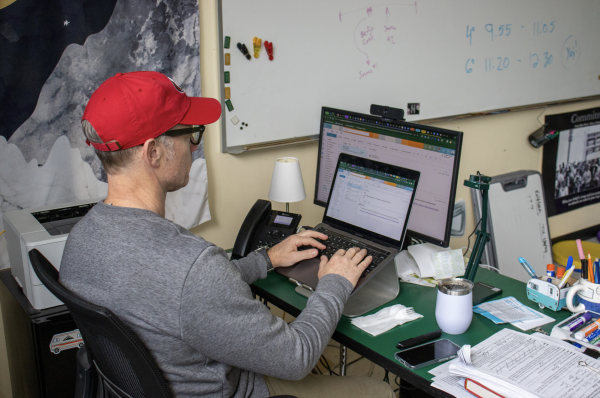
According to the College Board, APAAS “will offer students a rich, evidence-based encounter with African American experiences.” Freeman looks forward to the opportunity to teach this new course at Archie Williams and learn about lesser-known African cultures inside and outside the U.S.
“The most important idea is that the African American experience is of a diverse Black American community in the United States, but also understanding the experience of African Americans within the context of the African Diaspora, and within the context of Africa itself,” Freeman said.
Freeman believes this course will benefit students at Archie Williams, especially because of the school’s location in Marin County, where the considerable majority of the population is white. According to U.S. Census data from 2023, around 84 percent of Marin County citizens identify as white. Freeman thinks this course will educate students on other cultures and identities, which broadens the perspectives of students growing up in his childhood home of Marin.
“My experiences with other cultures as a child growing up in [Marin] County was a lot of whiteness. I was largely unaware of so many things. I look back at some of my own experiences and some of my own [actions,] and it wasn’t until I really started to challenge myself [that I began to] understand [other cultures] better,” Freeman said.
The APAAS curriculum includes hands-on lessons, featuring many primary sources, field trips, and large projects throughout the year. At the end of the year, all students taking APAAS nationwide will participate in a large-scale personal inquiry project worth 10 percent of their AP Exam grade.
Junior Sadie Smith signed up for APAAS next year, motivated to take the class because of its engaging curriculum and material.
“I found it super exciting that the class was an AP and it was definitely something I wanted to learn more about and become more educated on,” Sadie said.
Sadie was also excited to take a class taught by Freeman, as she had positive experiences in his classes before.
“I had a really great experience with him my first two years, and I was sad that I wouldn’t have him again,” Sadie said. “Luckily, due to this new AP class, I can enjoy having him as my teacher one more time.”
Freeman volunteered to teach the new APAAS course this coming year hoping to celebrate and discover African American cultures through hands-on learning.
“If we can make this feel like a celebration, truly… that’s what [I’m going] for,” Freeman said. “Like a field trip a month… we go find the places where we can see different communities and different challenges, and [expand on] our limited worldview of what we typically get [in Marin].”
Archie Williams’ dynamic curriculum will continue to be updated and may incorporate additional AP classes in the future. For now, students look forward to exploring new learning opportunities through APES and APAAS.





